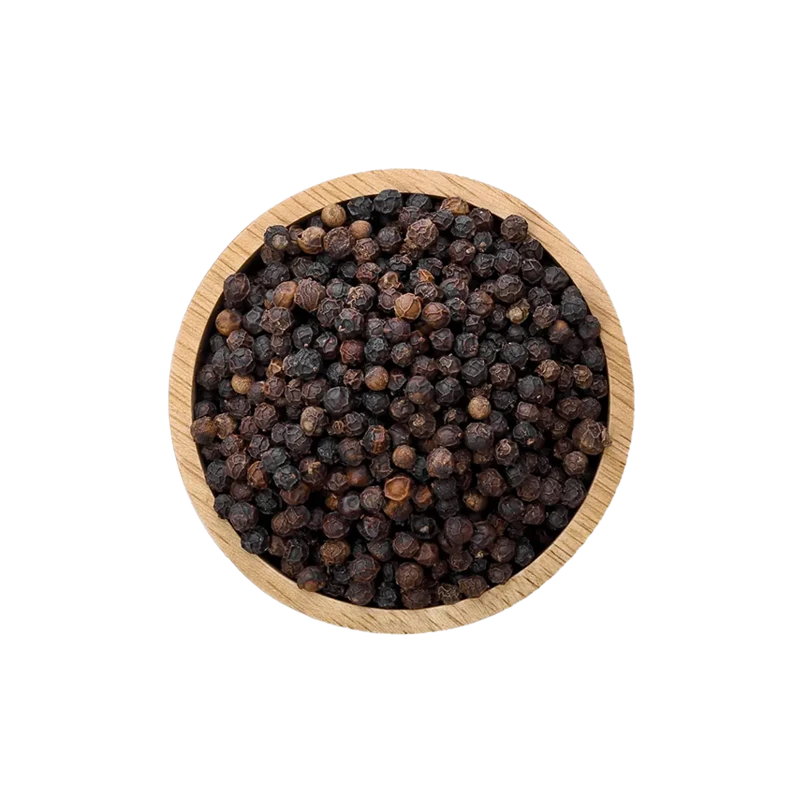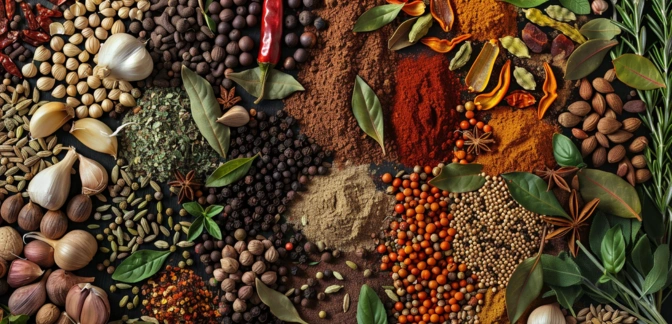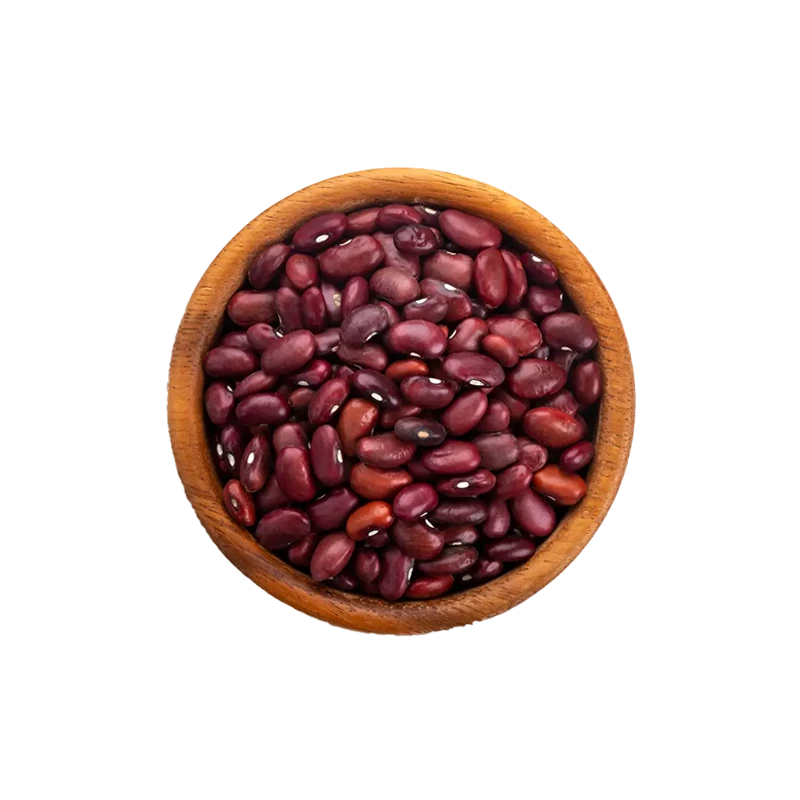Black Pepper — Nutrients, Health Benefits, And Shopping Tips

Written by Listonic Team
Last update on September 4, 2024
Nutrients
Nutrition facts
Amount per 100 g
Calories
🔥 251 kcal
| Nutrition per: 100 g | Value | % Daily Value* |
|---|---|---|
| Carbs | 65 g | 23.64% |
| Fiber | 27 g | 96.43% |
| Sugars | 1 g | 2% |
| Glycemic Index | 0 | - |
| Protein | 10 g | 20% |
| Sodium | 44 mg | 1.91% |
| Total Fat | 3 g | 3.85% |
*The % of Daily Value (DV) tells you how much a nutrient in a serving of food contributes to a daily diet. 2,000 calories a day is used for general nutrition advice.
27 g
✅ High Fiber Content
10 g
🧀 Good Protein Content
Key takeaways
Health benefits
- Rich in antioxidants such as piperine, which help protect the body from free radicals and reduce inflammation.
- Supports digestive health by stimulating the production of digestive enzymes and reducing symptoms of indigestion.
- Enhances nutrient absorption by increasing the bioavailability of certain nutrients, such as curcumin in turmeric.
- Contains antimicrobial properties, which can help fight off infections and improve overall health.
Health risks
- Gastrointestinal irritation particularly in individuals with sensitive stomachs, as black pepper can cause discomfort or exacerbate conditions like ulcers.
- Potential for allergic reactions in some individuals, causing symptoms such as itching, swelling, or difficulty breathing.
- Interaction with medications as black pepper contains piperine, which can affect the absorption and efficacy of certain drugs.
- Risk of inhalation when black pepper is ground or used in large quantities, potentially causing respiratory irritation or sneezing.
How to choose black pepper
Whole black peppercorns are best when they are uniform in size and possess a glossy, black exterior, reflecting freshness and essential oils retention. Grinding pepper fresh ensures maximum flavor and aroma.
Reject pre-ground black pepper for its potential staleness and diminished pungency. Also bypass peppercorns that look dusty or are dull in color, as they may not deliver the expected culinary impact.

How to store black pepper
Ground black pepper and peppercorns should be stored in an airtight container in a cool, dark place. A spice cabinet away from heat and light is ideal to preserve their pungency. Properly stored, black pepper can retain its flavor for several months.
Heat and light can cause black pepper to lose its potency, so these should be avoided. Storing black pepper near the stove is not recommended due to the potential for heat exposure. Using a tightly sealed container helps keep out moisture and maintains freshness.
✅ Extra Tip
How long does it last?
Black pepper, whether whole or ground, can last for 2-3 years when stored in an airtight container in a cool, dark place. Whole peppercorns retain their flavor longer than ground pepper. Proper storage helps preserve their potency.
What to do with leftovers?
Leftover black pepper can be used in a variety of ways both in the kitchen and around the house. In cooking, it’s a staple seasoning that enhances the flavor of soups, sauces, meats, and vegetables. You can also create a pepper crust for steaks or use it in a spice rub for grilling and roasting.
Beyond cooking, black pepper has several practical uses. It can be sprinkled around the perimeter of a garden or home to help deter pests like ants. Black pepper can also be used in small quantities as a natural remedy for nasal congestion when mixed with hot water to create a steam inhalation. Additionally, you can mix black pepper with flour to create a natural ant deterrent in your pantry.
👨⚕️️ Medical disclaimer
Discover products from other categories
Listonic Team
Fact-checked
Our editorial team checked this article to make sure it was accurate at the time of publishing it.
Get the top-rated shopping list app on your phone!







